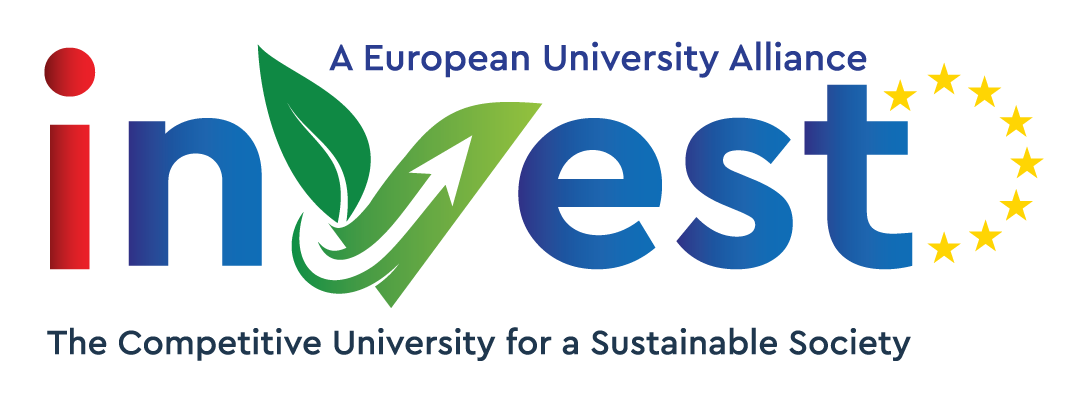EXCITING NEWS: OUR RESEARCH PAPER ACCEPTED FOR PUBLICATION IN THE SUSTAINABILITY JOURNAL!
 We are thrilled to announce that our research paper, titled "Leveraging Generative AI for Sustainable Academic Advising: Enhancing Educational Practices through AI-Driven Recommendations," has been accepted for publication in the esteemed Sustainability journal. This marks a significant achievement for our team as the paper will be featured in the special issue on Sustainable Education and Innovative Teaching Methods.
We are thrilled to announce that our research paper, titled "Leveraging Generative AI for Sustainable Academic Advising: Enhancing Educational Practices through AI-Driven Recommendations," has been accepted for publication in the esteemed Sustainability journal. This marks a significant achievement for our team as the paper will be featured in the special issue on Sustainable Education and Innovative Teaching Methods.
Our study explores the integration of generative AI tools like ChatGPT into educational processes. One of the key contributions of the paper is its pioneering integration of the EDUC8EU expert system with OpenAI’s APIs. This fusion harnesses the robust expert knowledge of EDUC8EU alongside the nuanced capabilities of generative AI. This hybrid approach not only enhances the precision and personalization of academic advising but also streamlines administrative processes, setting a new standard for educational support systems.
Title: Leveraging Generative AI for Sustainable Academic Advising: Enhancing Educational Practices through AI-Driven Recommendations
Authors: Omiros Iatrellis; Nicholas Samaras; Konstantinos Kokkinos; Theodor Panagiotakopoulos
Abstract: This study explores the integration of ChatGPT, a generative AI tool, into academic advising systems, aiming to assess its efficacy compared to traditional human-generated advisories. Conducted within the INVEST European University, which emphasizes sustainable and innovative educational practices, this research leverages AI to demonstrate its potential in enhancing sustainability within the context of academic advising. By providing ChatGPT with scenarios from academic advising, we evaluated the AI-generated recommendations against traditional advisories across multiple dimensions, including acceptance, clarity, practicality, impact, and relevance in real academic settings. Five academic advisors reviewed recommendations across diverse advising scenarios such as pursuing certifications, selecting bachelor dissertation topics, enrolling in micro-credential programs, and securing internships. AI-generated recommendations provided unique insights and were considered highly relevant and understandable, although they received moderate scores in acceptance and practicality. This study demonstrates that while AI does not replace human judgment, it can reduce administrative burdens, significantly enhance the decision-making process in academic advising, and provide a foundation for a new framework that improves the efficacy and sustainability of academic advising practices.
